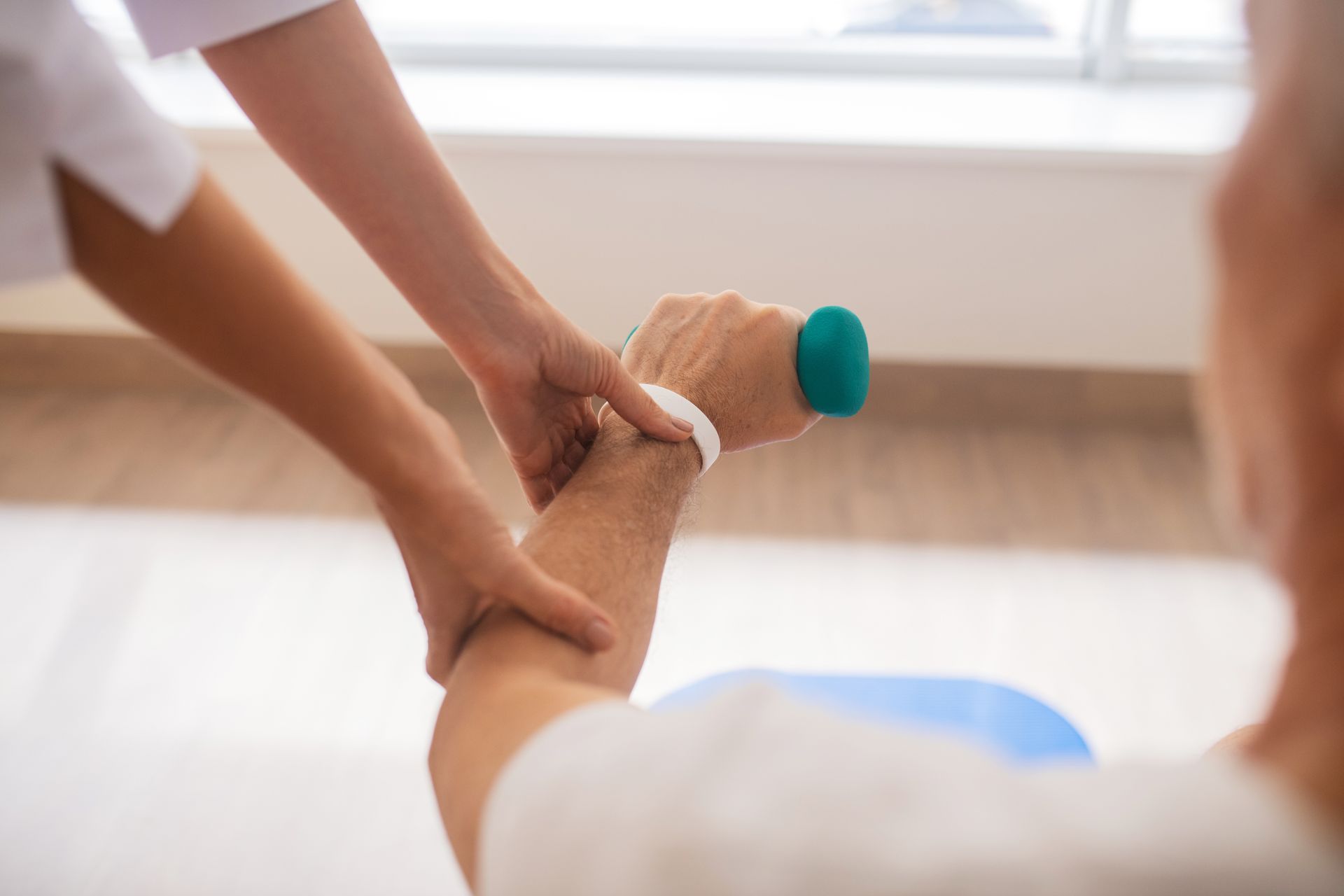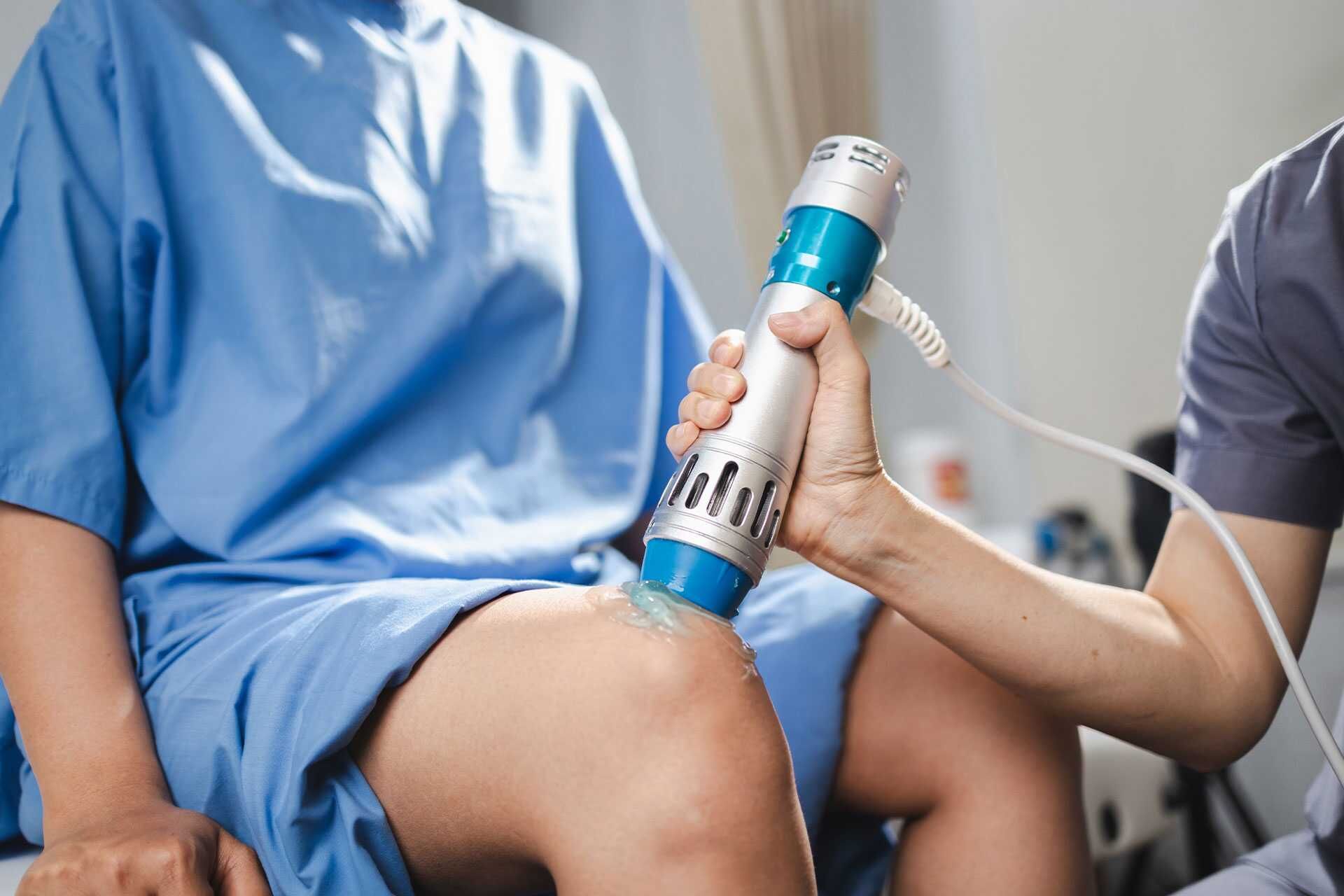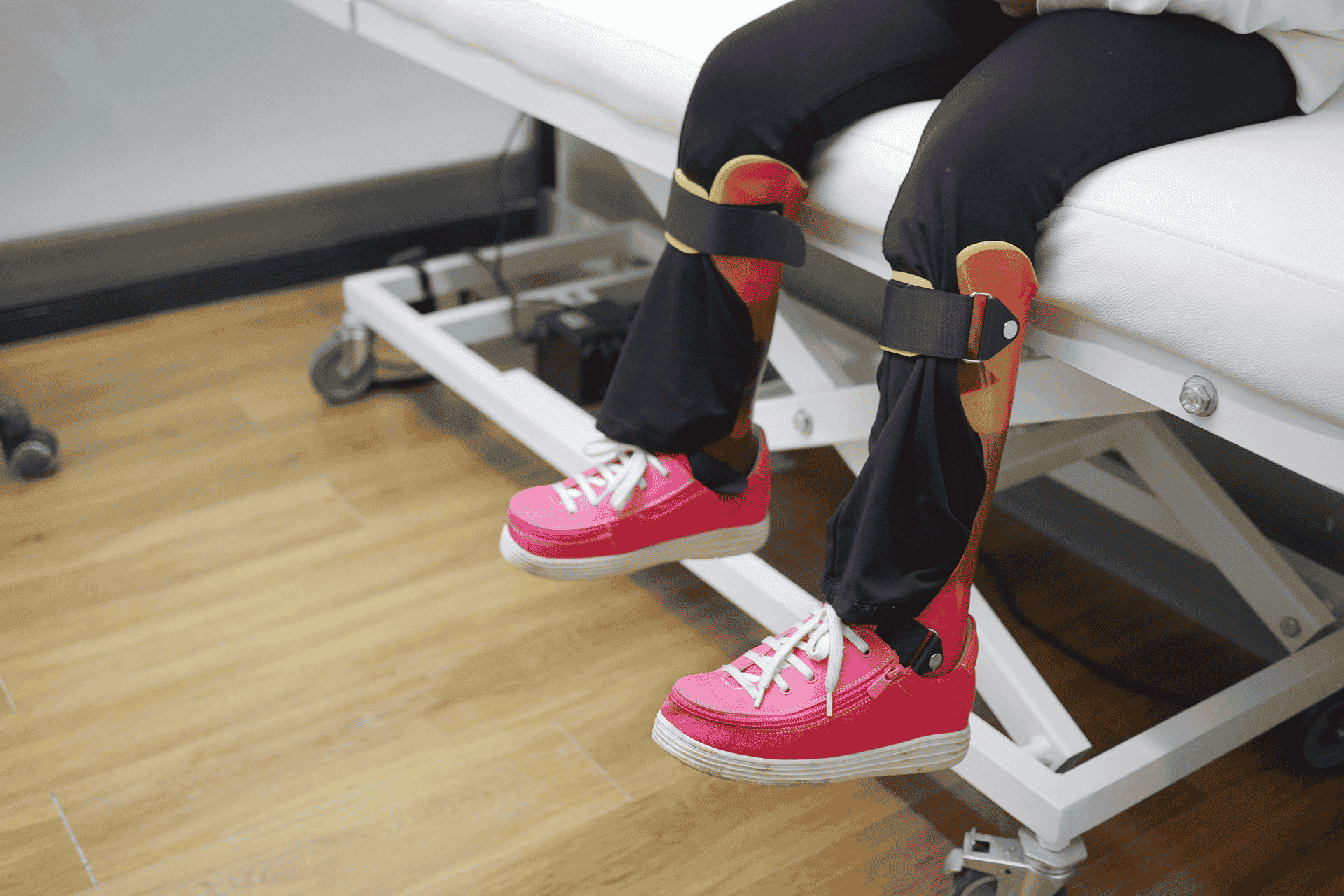Mending the Meniscus: Navigating Knee Injuries with Care
From Symptoms to Solutions – A Complete Guide to Recovering from a Meniscus Tear
A meniscus tear is a common knee injury, especially among athletes and active individuals. The meniscus is a C-shaped piece of cartilage that acts as a cushion between your thigh bone (femur) and shin bone (tibia). There are two menisci in each knee joint – the medial meniscus on the inside and the lateral meniscus on the outside. These structures are crucial for distributing weight and reducing friction during movement, thereby protecting the knee joint from wear and tear.
Symptoms of a Meniscus Tear
Meniscus tears can vary in severity, from minor tears to more severe damage requiring medical intervention. Common symptoms include pain ranging from mild to severe that is usually localized to the knee joint, swelling a few hours after the injury, a feeling of stiffness of like the knee is locked, difficulty in bending or straightening the knee fully, and some people might feel a popping sensation at the time of injury.
Risk Factors for Meniscus Tears
Several factors can increase the risk of a meniscus tear. Age is one of these factors as the meniscus becomes more brittle and prone to tearing as we age. High-impact sports that involve twisting and turning, such as football, basketball, and soccer, can also increase the risk of this injury. Lastly, past knee injuries can make the meniscus more susceptible to tears.
How Physiotherapy Can Help
Physiotherapy plays a crucial role in the rehabilitation of meniscus tears. Here's how:
- Pain Management: Techniques such as ice therapy, ultrasound, and electrical stimulation can help reduce pain and swelling.
- Strengthening Exercises: Targeted exercises help to strengthen the muscles around the knee, providing better support and stability.
- Flexibility and Range of Motion: Stretching exercises improve flexibility and restore the knee's range of motion.
- Functional Training: Physiotherapists guide patients through exercises that mimic everyday activities to ensure a smooth return to normal function.
- Education and Prevention: Physiotherapists educate patients on proper techniques and exercises to prevent future injuries.
Understanding the symptoms and risk factors associated with meniscus tears is essential for early diagnosis and treatment. Physiotherapy offers a comprehensive approach to managing meniscus tears, helping individuals recover and return to their daily activities with improved strength and mobility.
Book an initial appointment with us today at Delta Physiotherapy & Rehab at either of our convenient locations in Central Parkway or Dundas, Mississauga, and we will get you started on your healing journey!










